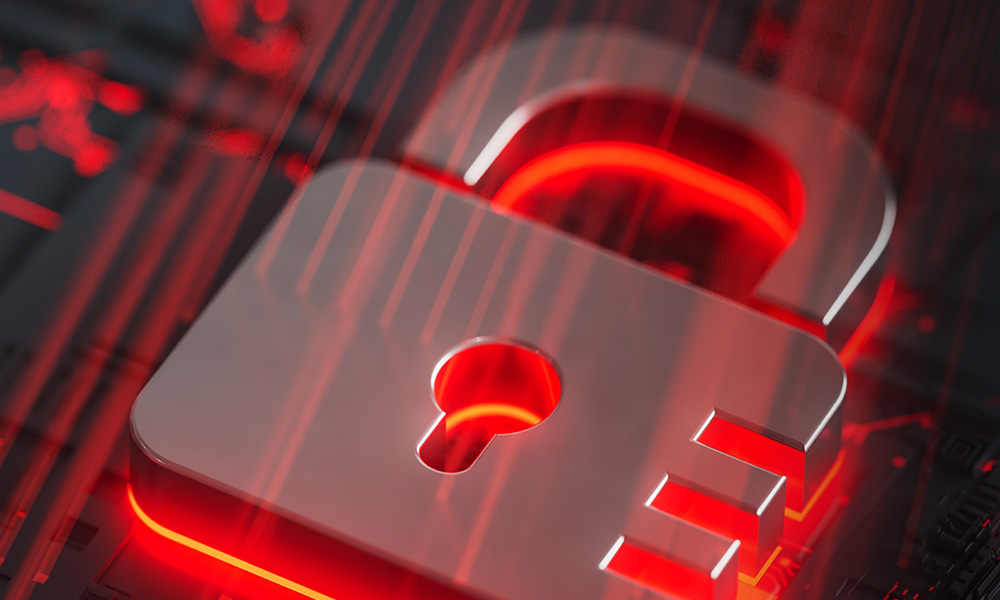ISO 27001 Internal Audit
What is an ISO 27001 internal audit?
An internal audit is quite simply an opportunity for an organisation to take an ‘inwards look’ to assess...
How can your organisation meet the internal auditing requirement of ISO 27001?
The ISO 27001 Standard requires that internal audits are conducted at planned intervals. On the face of it...
How can an organisation conduct internal audits on an ISMS to comply with ISO 27001?
Your organisation should aim to conduct internal audits on the mandatory clauses of the Standard...
What are the ISO 27001 requirements for an internal audit?
Requirements for conducting internal audits are contained within Clause 9.2 of the Standard. This Clause states...
What is the ISO 27001 internal audit process?
The process of conducting an audit typically involves the ‘check’ element of the Plan-Do-Check-Act...
Does ISO 27001 require internal audits to be conducted?
Yes - Clause 9.2 of the Standard makes this requirement explicit. Remember, you must...
With ISO 27001, what do you audit against?
Organisations are required to conduct audits to provide evidence of conformance to:...
Who can perform an internal audit for ISO 27001?
The value that an internal audit brings to your organisation will be influenced significantly by...
Does an internal audit need to be conducted by someone internal to your organisation?
No, internal audits can be conducted by third parties, such as URM...
What are the pros and cons of using a third-party organisation?
Pros include impartiality, knowledge of the Standard and expectations of certification body...
How do you conduct an internal ISO 27001 audit?
The responsibility to conduct an audit will typically be delegated by a member of the organisational...
How do you develop an internal audit checklist for ISO 27001?
Internal audit checklists are sourced directly from the audit criteria. The Standard, or the ISMS will...
Are standards on internal audit mandatory?
The International Organization for Standardization (ISO) has produced a specific...
What standards do internal auditors use?
Whilst ISO 19011 is not mandatory, it is recommended that auditors align to this guidance...
What are some of the traits or characteristics of an effective auditor?
Here are some valuable traits and characteristics of an effective auditor...
Who are the typical auditees in an ISO 27001 internal audit?
During an internal audit, an auditor will need to speak to people at different levels and authorities...
How do you prepare for an ISO internal audit?
In order to prepare for an audit, the following steps should be taken...
What are the pitfalls to avoid in conducting ISO 27001 audits?
Some pitfalls to avoid when organising and conducting an ISO 27001 audit include...
What are the different levels of findings/nonconformities?
There are 3 levels of findings which may result from an audit...
What is the difference between a minor and major nonconformity?
A minor nonconformity is a single or non-critical failure of the ISMS, whereas a major nonconformity is...
How do you ensure consistency in internal auditing?
To maintain consistency in internal auditing, organisations should implement an internal audit process...
Stay in the loop
Please provide your contact details and we will email you with any future changes to ISO 27001 (and the implications!).

ISO 27001:2022 - A.5 Organisational Controls (Access Management)
URM’s blog explores why the access controls in ISO 27001 matter, and how to implement each control in full conformance with both the Standard and best practice.

Read URM’s blog, where we explore the importance of clock synchronisation for cyber security and resilience, and how to meet the requirements of Control 8.17.

URM’s blog explores Clause 5.1 of ISO 27001, what you must do to meet its requirements, and why leadership & commitment are vital to an effective ISMS.

URM’s blog examines how ransomware occur, and highlights practical cyber security measures you can implement to reduce your exposure and mitigate security risk.

